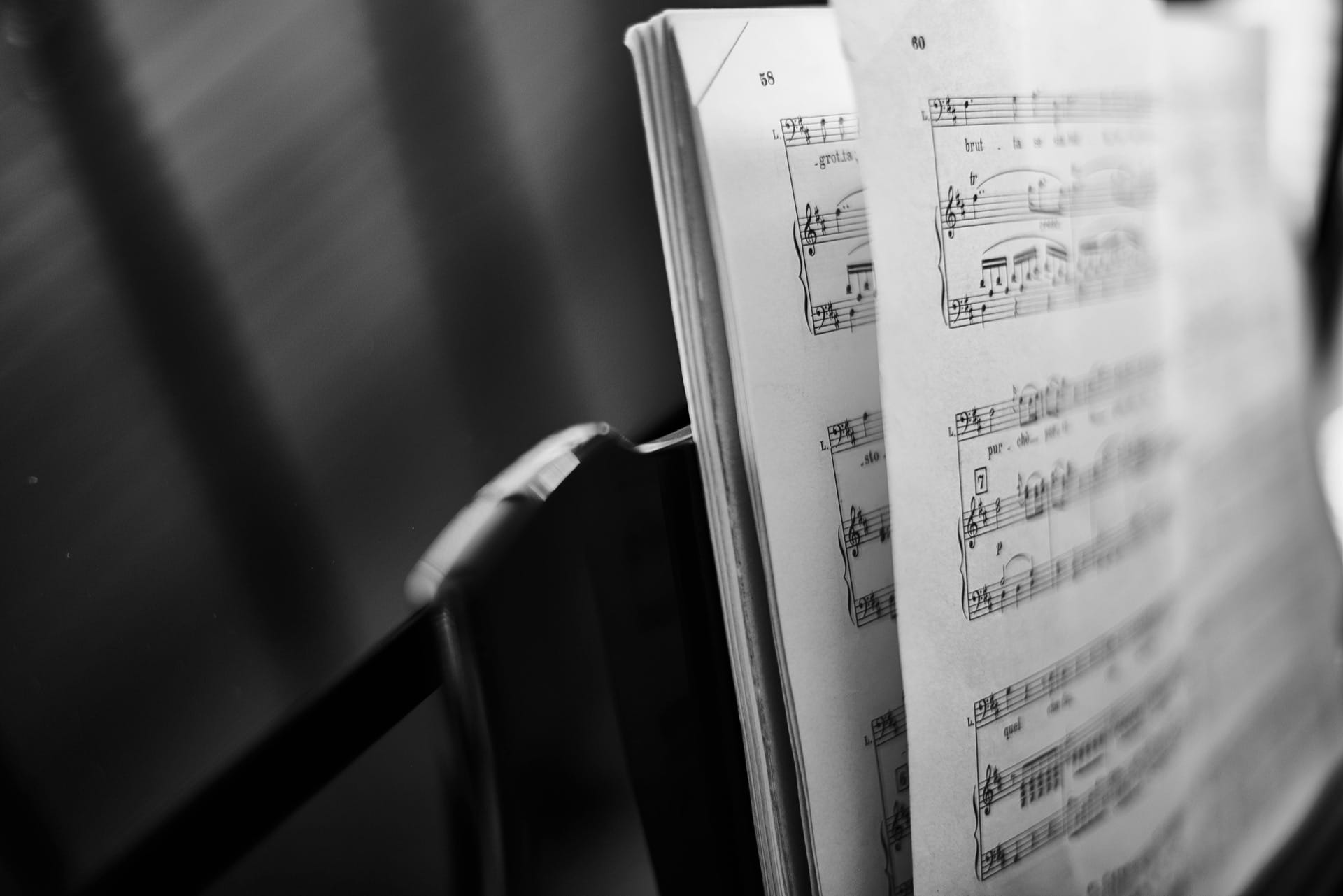Cour de Cassation, Première chambre civile, 28 February 2024, no. 22-18.120
The authors, performers, producer and publisher of a popular French song from the 1980s noticed that it had been used by synchronisation and in excerpts in the soundtrack of a film, the credits of which stated that the song was being used “with the kind permission” of a third-party company. They claimed that this use had occurred without their authorisation and subsequently filed a lawsuit against both the company that granted the authorisation for infringing their publishing and production rights, as well as their moral rights. They also sought the removal of the excerpts concerned.
The Court of Appeal held that despite not formally signing the contract, the publisher and producer had effectively consented to the principle and terms of use of the song in the film’s soundtrack before its theatrical release on 15th February 2017.
On one hand, the plaintiffs challenged the Court of Appeal for misapplying the provisions of the French Intellectual Property Code requiring the assignment of rights by the author to be in writing (art. L 131-2 and L 131-3 CPI) along with the Civil Code imposing formalism rules for the conclusion of specific agreements. The Cour de Cassation ruled that the argument was inapplicable, considering that the specific articles of the Intellectual Property Code govern only contracts entered into by the author and not the relationship between assignees and licensees. Accordingly, the producer and publisher of the song could not challenge the authorisation given to the film producer on the basis of the aforementioned articles.
On the other hand, the authors and performers considered that the mere use of the excerpts without their consent infringed their moral rights. The Cour de Cassation dismissed the argument, stating that the use of a musical work by synchronisation in the soundtrack of an audiovisual work necessarily involves the use of extracts and cannot inherently be deemed an infringement of the moral rights of the author and performer. The Court concluded the burden of proof lies with those who believe their moral rights have been infringed.
This ruling adds to a sequence of decisions about the relationship between assignees and licensees. Previously, the Paris Court of Appeal clarified that rules concerning proportional compensation solely pertain to agreements made by the author and not those established between assignees and licensees. (C.Civ.1, 13 Oct. 1993, no. 91-11.241).




